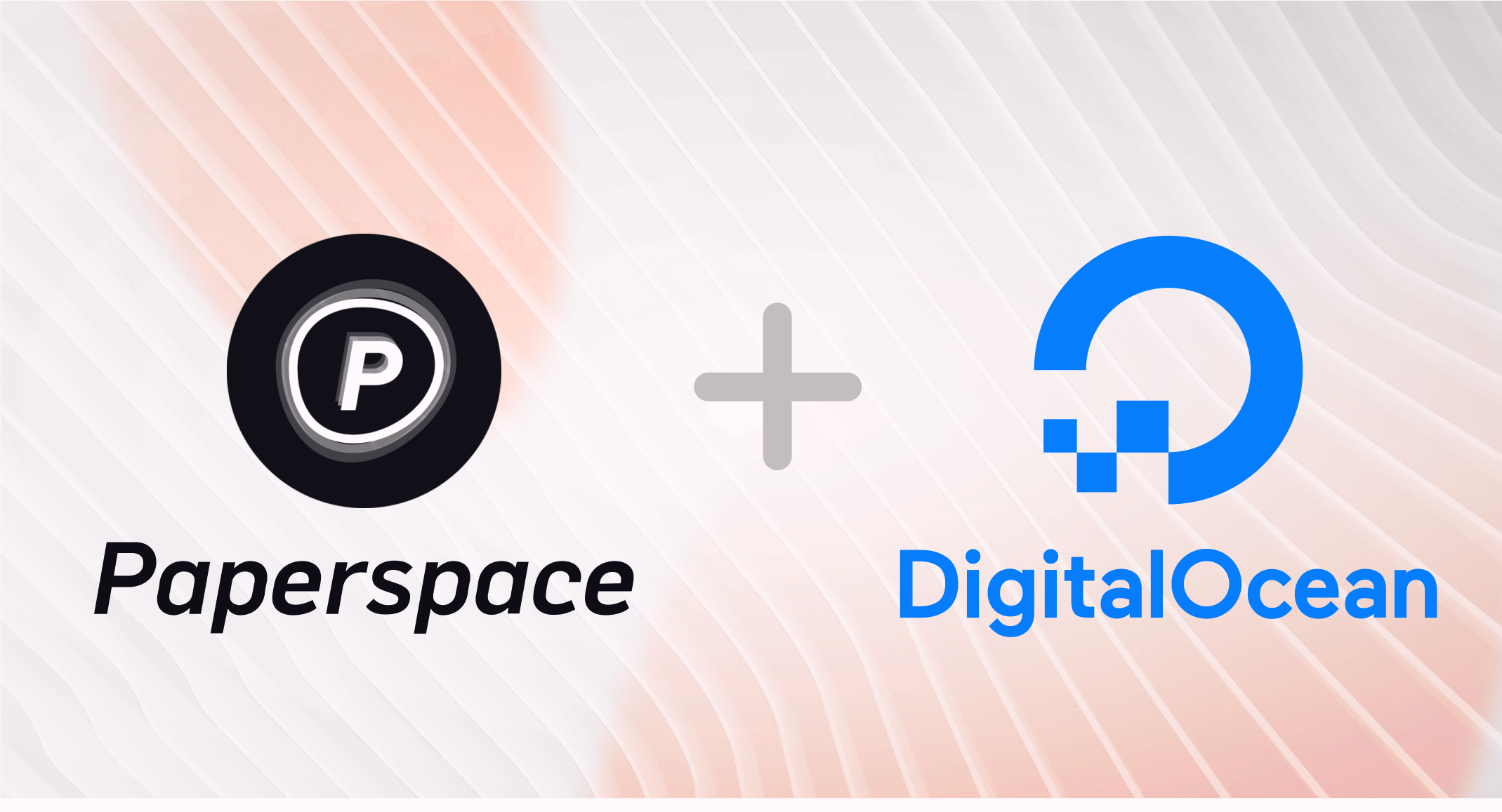Great summary! Thank you
- 14 Posts
- 95 Comments

 2·8 months ago
2·8 months agoI mean, maybe we can make an Ai that uses reason to uncover these biases in the future from this starting point. We are only at the beginning.

 2·8 months ago
2·8 months agoWar is usually a war between STATES that has very little to do with its people. People are just the cannon fodder of the state interest.
In cases like Gaza one side actually does have PEOPLE involved, Gazans, vs a STATE. It makes it much more clear who is in the wrong.

 11·8 months ago
11·8 months agoI’ll just say (on the issue) I agree that everything possible to implement on a daemon running parallel to the instance should be implemented as such. That way the instance stays small and focused, and the dev team doesn’t get flooded with requests.

 2·8 months ago
2·8 months agoWait why can’t you do this? People definitely live in their gas stations / offices / whatever. It’s just not zoned for that, meaning it wasn’t made for that purpose, it’ll be suboptimal. But like, I don’t think the cops are out to look for your sleeping bag.
“Trains Are Too Expensive And Would Take Years To Build“ - guy who remembers the interstate being built.
I’ll never understand devs that go “I don’t know that language”. PHP is one of the only languages used in production I don’t know. I have read examples and it looks like you bastardized a Java/c# clone with bash or a string templating language, which isn’t very appealing. But like, if I had to learn it, I’d do so in a month, functionally writing it in a week tops. Learning languages is part of the job, and they all add something to your understanding of paradigms.
All that being said, a rewrite is still harder. Think how much work kbin and lemmy have put in. Think of all the apps that have been developed around them. It’s still sql driven, meaning you can easily write any kind of moderation tool you want in any language of your choice.
I think the Rust vs Golang question is just opinionated, and until there’s something better than activitypub there’s nothing even a fork can really do about those issues, and I’d really want the FSF to deal with those kinds of complaints.
Reading your other links I don’t understand why you take this stance
The problem with forking Lemmy is in starting from all the bad that is inherently there, and trying to make it better. That is way more work than starting fresh with more developers. IE, not using Rust for a web app and UI, better database queries from the start, better logging/functions from the start; not adding on bandaids. A fork of Lemmy will have all of Lemmy’s problems but now you’re responsible for them instead.
Assuming you are an experienced developer, as am I, I have said this almost a thousand times. It’s almost always wrong. Lemmy’s codebase is decently clean and organized, and seems to be around 50,000 lines. All you are going to get by forking is having to rewrite a bunch of CRUD.
The other option is writing tools and plugins to interface with Rust’s API. Lastly, as long as you keep your history clean on your fork, you can continue to rebase onto the original. I think rewriting is just a terrible idea.
Anyway, if you do end up leaving lemmy, why not just go to one of the many standard forums? Discourse is nice.
Meh, I’ve programmed in both. Rust is “hard”. I wouldn’t ask a company to write in it, because it might be hard to get devs for it. However, open source is different. Rust is not hard enough for most developers to learn, and most developers love it when they learn it. On top of that, GoLang is practically an expert in hidden, annoying bugs that rust almost categorically eliminates. Golangs panics don’t backtrace unless you write them in a certain way, you have to know the golang “culture” of error handling, and then without a good match statement or ? macro you are left with ifs under every goddam line of code to do your own manual error checking. Golang goroutines are not as intuitive as one might think with how they close when the scope they come in from closes and their channel patterns. And the “context” passing takes a long time to learn how to do right. It’s an intuitive language at its core, its docpage being one page, but it’s culture is like python’s, needing a year or more to really know what best practices are. I tbh think they are just about exactly as hard as one another, but one, golang, leads to more bugs. Compile time is not that important when you can ensure that at compile time the thing will run.
Refactoring rust sucks, but by keeping your structs small you can usually avoid it.
I mean Rust is a godsend as a decision for the language to use. Kbin for example uses Php, which means I’ll never contribute to it. Other alternatives would be like Python, Node, or Golang, but why? The first two won’t scale as well on a single node and all will have worse static typing (especially Golang). When I examined the code, it seemed like a standard sql+rust stack. I can’t imagine anything even major needing changing, let alone a full rewrite.
Let’s spend dev time making lemmy great, not developing yet another thing.
Wait is this a mod or have I just been totally out of the loop on factorio updates

 3·8 months ago
3·8 months agoSay no more.
Btw I recall there were several of these developed at the same time, one by chucklefish (edit: starmancer) I think, did this one “win out”?

 1·8 months ago
1·8 months agoI can’t even parse what you mean when you say their input is the same as their output, that would imply they don’t transform their input, which would defeat their purpose. This is nonsense.
Tbh it’s just silly. Like, why would you? Share as link exists.

 1·8 months ago
1·8 months agoThis is all just, like, your opinion bro

 1·8 months ago
1·8 months agoIdk people on YouTube says it’s functional AR. Heck I can read text on my Oculus 2. You’re just pedantic.

 1·8 months ago
1·8 months agoThey both have AR and Spatial Computing capabilities at varying quality. They are both a set of lenses, a depth sensor, some cameras, and some screens, nothing more nothing less. Cars have wheels and planes have wings, that’s not an apt comparison.

















Based comment